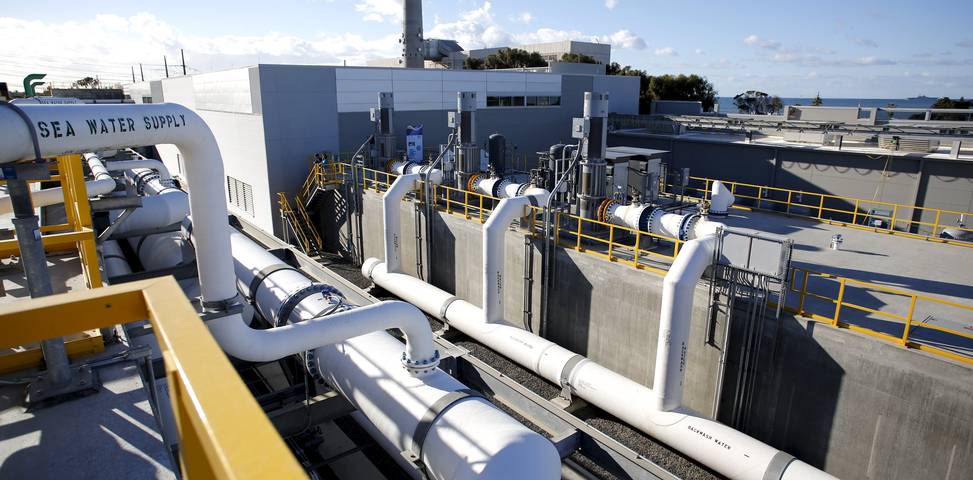South Africa’s Western Cape now mulls desalination which it says will help tame the biting water shortage in the city. The Western Cape local government department believes desalination as the last resort in alleviating the already dire situation.
Desalination is the process of removing salt from seawater.
Also read:Tighter water restrictions to be experienced in South Africa
With the dam levels at an all time critical low, the city of Cape Town has decided to institute higher levels of water restrictions than ever before. As a result, the authorities are taking into consideration both long-term and short-term options in combating the water shortage.
The continued population growth in the province will result in water demand exceeding supply, the Western Cape Local Government Minister Anton Bredell pointed out. It is for this reason that desalination is being looked into as one of the viable solutions.
However, this option may turn out to be quite the opposite of the expectations. The cost of setting up a 450 mega litre plant can cost up to $11.6Bn, while the maintenance costs approximately $30Bn per year. However, that against the eventuality of no water puts a lot to perspective.
However, Bredell is also skeptical about desalination having an impact on the environment. This is because they will have to manage the brine. “We will pull in the best intellect in the country, even worldwide to support us, to help us to find the right solutions, so that the actions today don’t impact our future generations,” says Bredell.
A demonstration was carried out by a group from the Philippi horticulture area at the Cape Town Press club as Bredell addressed reporters. They say more should be invested in research in order to maximally exploit and preserve the Philippi Aquifer instead of the major developments currently laid out.
An aquifer is a body of permeable rock that can transmit groundwater. The Philippi aquifer is the biggest in the southern hemisphere, making it a major resource were the project to materialize. In the meantime, the City of Cape Town has given an approximation of 135 days left for usable water as a warning to use water sparingly.
